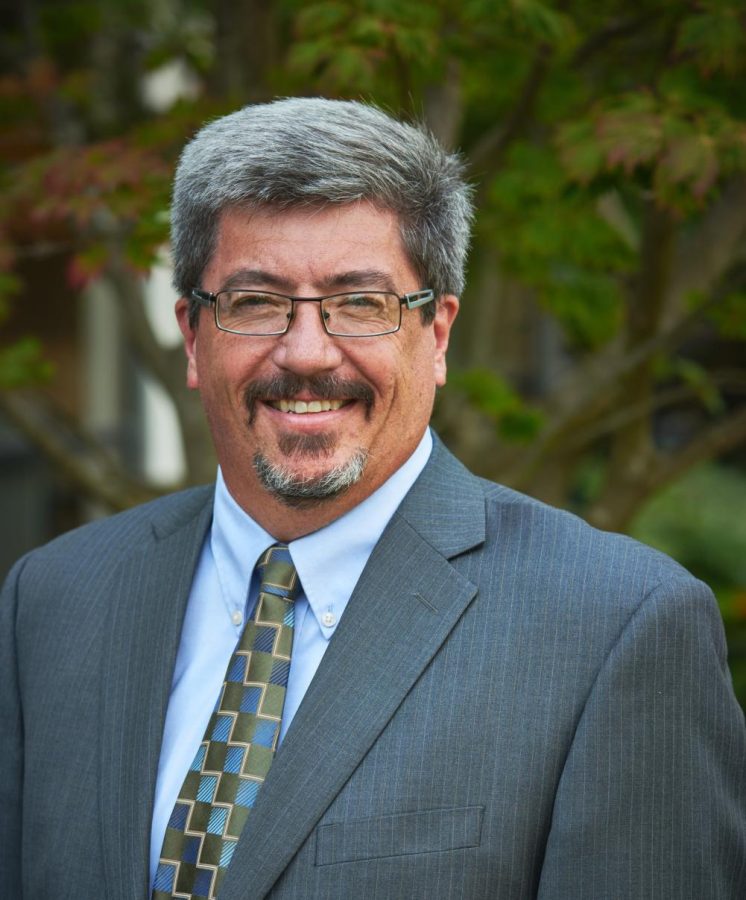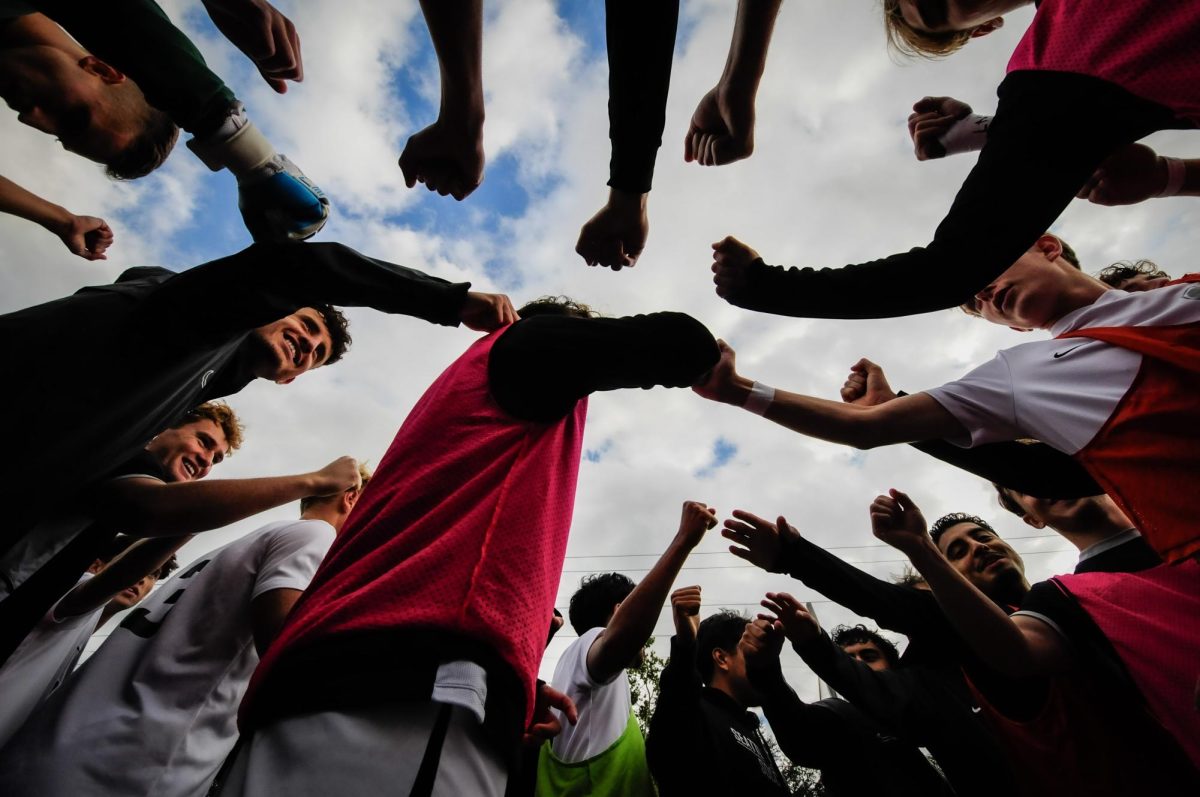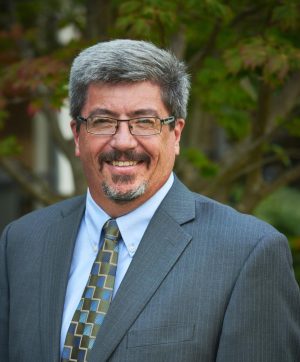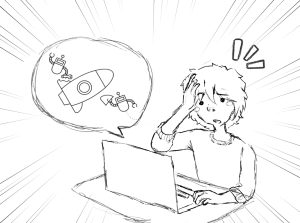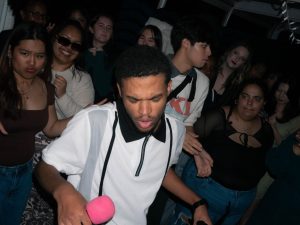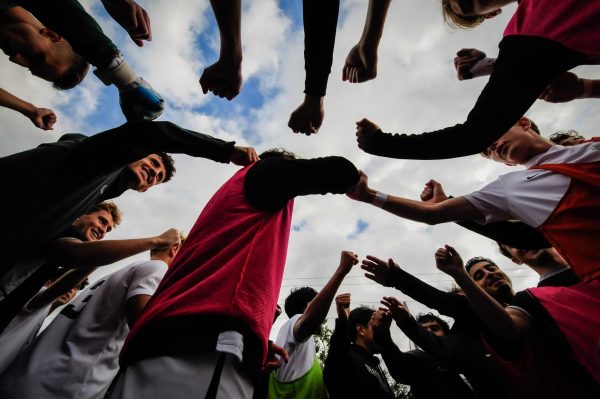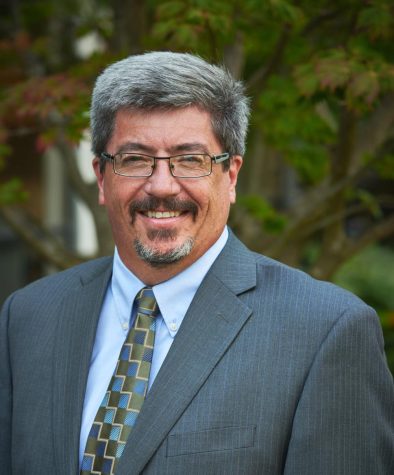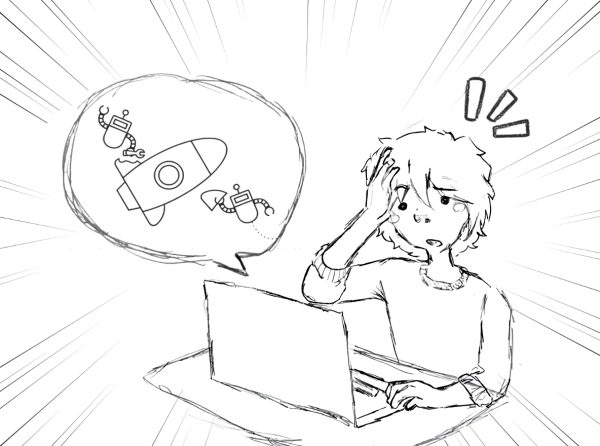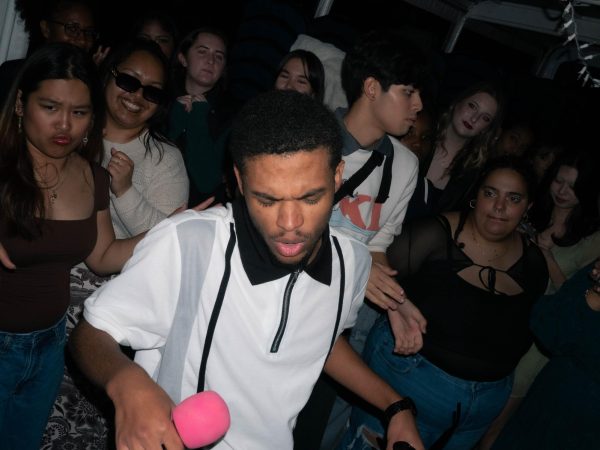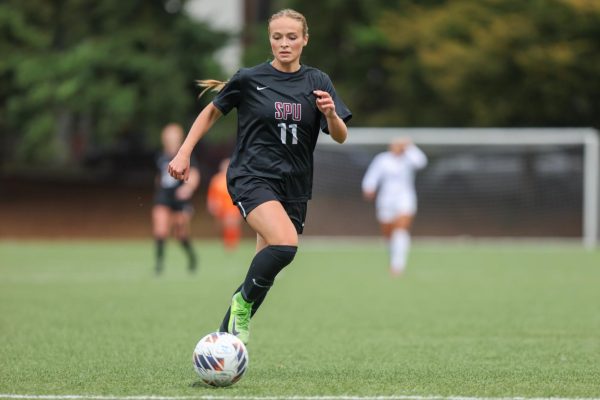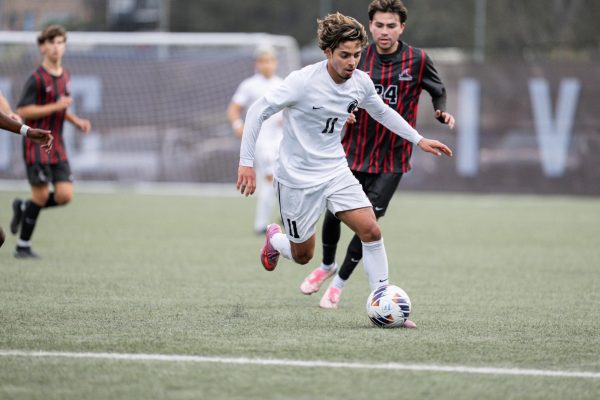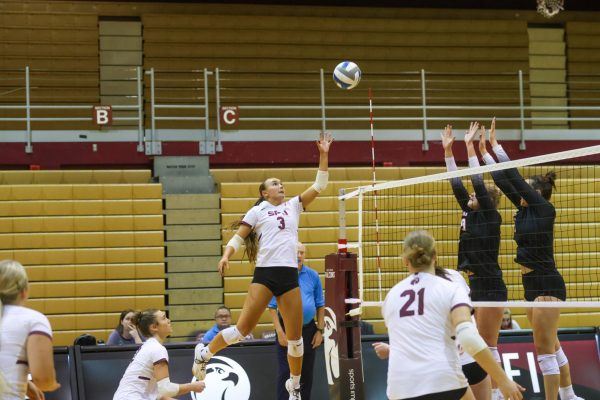In the final stages of the search
January 22, 2020
On the mornings of Jan. 13 and 14, while most SPU students slept in due to a delayed start of classes, the Search Advisory Committee trudged through the snow to meet in an undisclosed location to continue their search for the next provost of Seattle Pacific University.
The committee met for their final two sessions, and interviewed the remaining seven provost candidates, to narrow the search down to three candidates from which President Dan Martin will choose.
The Provost seat was vacated when Martin asked the former provost, Jeff Van Duzer, to resign last February. Bruce Congdon stepped in this past July to take on the role of interim provost.
The search has taken place over the last few months, starting in September and wrapping up on Jan. 14. The decision is now in the hands of President Martin, who will review what the committee had to say about the three finalists and choose the next provost.
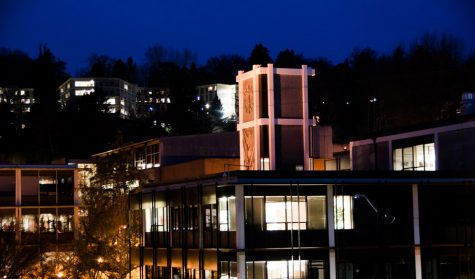
“The process is so important because the provost position looks over many different aspects of campus,” Nathan Samayo, ASSP President and student voice on the search committee, said. “And if we have an innovative person who is committed to the betterment of the school, there could be a radical positive transformation that could happen,”
The search for this position has been taken very seriously by the committee and the president because of the important role that the provost has on campus with the faculty and students.
“The provost job is a high-visibility job. The provost is a chief academic leader, so they’re leading the campus as a high touchpoint for students and for faculty,” Antiwinett Lee, search advisory committee co-chair, said.
Since the job of the provost is meant to have a close relationship with the students and the faculty, Martin created a diverse committee that has faculty from a wide array of majors.
“The committee was made up of 17 faculty, staff and students across the campus that represented. We had ASSP President Nathan Samayo. We had somebody from every division across this campus. The president comprised a dynamic committee,” Lee said.
“The committee was a dream team of 17 people coming together and everybody on that team conducted the interview. All voices were heard. Every department was represented. All the students.”
The wide array of voices made the selection process much more thorough since everybody had a vital role in the process.
Samayo was particularly intentional about listening to students’ voices and making sure they were heard. Samayo feels that between him and the rest of the committee, the interest of the students and faculty is the most important thing in the process.
“My belief is that staff and faculty in this process are very committed to the voices of students, especially around academic success, an inclusive Christian faith, and support for marginalized students,” Samayo said.
“I think in every single interview, they were always asking Nathan questions and Nathan had an answer. He really represented the students and the students’ voices [were] all present. It was a strong voice throughout the whole process,” Lee said.
After months of interviews and deliberation, the advisory committee was able to gather the information they needed.
“We’re totally done. The committee doesn’t decide who is going to be the next provost. The committee truly is a search advisory committee. The keyword is advisory. We’re simply giving information back to the president for him to use and discern what’s the best for our campus,” Lee said.
Although the committee does not have the last word on who is chosen to be provost, they trust Martin’s judgment.
“We have a dynamic president who really cares and listens deeply. He really wants to know what we’re thinking about,” Lee said.
The committee knows that people may have reservations with the process and how it affects the university, but the committee is hopeful that the next provost is going to bring positive change to SPU’s campus.
“When there’s any form of transition, there’s a little bit of fear and doubt and uncertainty of what’s coming next because you know who’s in place but you don’t know what’s coming next with them,” Lee said.
“But I am very hopeful because the three finalists are all unique in their own way and will bring a unique voice and perspective to the university. I am so hopeful about that.”

